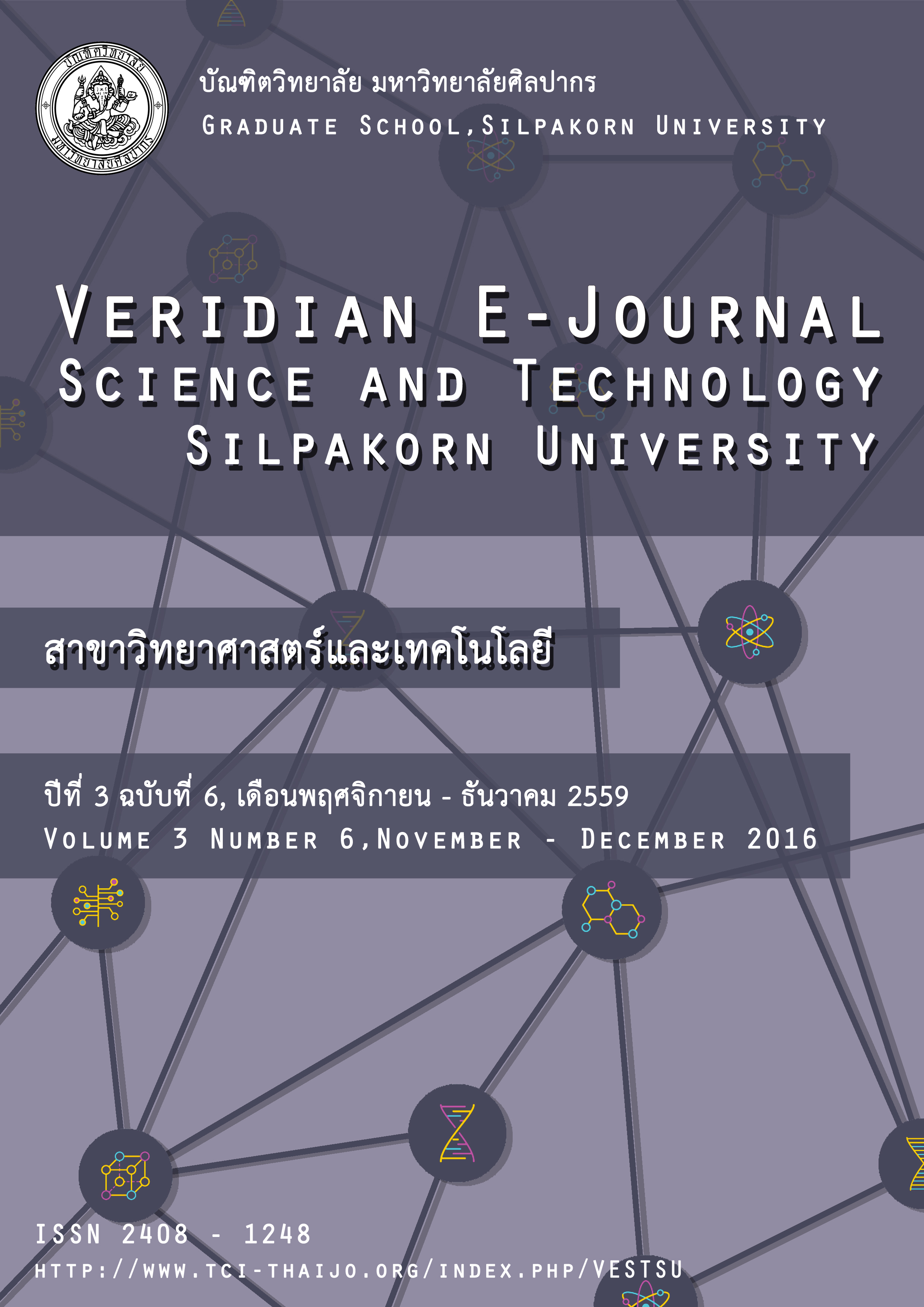การประเมินและแนวทางการดูแลผู้สูงอายุที่มีภาวะสับสนเฉียบพลันภายหลังการผ่าตัด
Main Article Content
Abstract
ภาวะสับสนเฉียบพลัน (delirium) เป็นปัญหาสำคัญที่พบได้บ่อยในผู้สูงอายุที่ได้รับการรักษาโดยการผ่าตัดโดยเฉพะการผ่าตัดหัวใจและผ่าตัดข้อสะโพก เมื่อเกิดภาวะสับสนเฉียบพลันผู้สูงอายุมักไม่ให้ความร่วมมือในการดูแลรักษาพยาบาล จะทำให้เกิดความยากลำบากในการดูแลรักษาและนำมาสู่การเกิดภาวะแทรกซ้อนที่ทำให้เพิ่มระยะเวลาในการอยู่ในโรงพยาบาล การประเมินเพื่อค้นหาการเกิดภาวะสับสนเฉียบพลันโดยใช้เครื่องมือที่ใช้ง่าย มีมาตรฐาน มีความน่าเชื่อถือและการกำหนดแนวทางที่ชัดเจนในการดูแลเมื่อเกิดภาวะสับสนเฉียบพลันจึงมีความสำคัญต่อบุคลากรทางการแพทย์ โดยเฉพาะพยาบาลผู้ที่มีความใกล้ชิดกับผู้ป่วยมากที่สุด เพื่อลดภาวะแทรกซ้อนจำนวนวันนอน ค่าใช้จ่ายในการรักษา อัตราการตาย และเพิ่มคุณภาพชีวิตที่ดีให้กับผู้ป่วยสูงอายุ
Delirium is a major problem that is common in elderly who have undergone surgery, especially cardiac and hip surgery. When elderly have delirium, they do not cooperate in nursing care. It is difficult for nurses to take care them and lead to complications that increase length of stay in hospital. Early assessment for delirium by using standardized instruments which is easy to use, valid and reliable for diagnosis of delirium. In addition, they serve as guidelines of medical care especially the nurses, who closest to the patient. Early detected delirium will lead to prevent and reduce complications, include length of stay in the hospital, health care cost, decrease mortality and enhance the quality of life for elderly patients.

